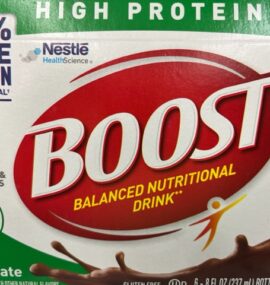An expanded view of gratitude British researchers proposed a new model of gratitude. It extends the more limiting view of gratitude as a response of receiving help from others to a “habitual focusing on and appreciating the positive aspects of life.” Thus, gratitude is more of a trait and a general world view than simply…
more
Improve Your Life with Gratitude






